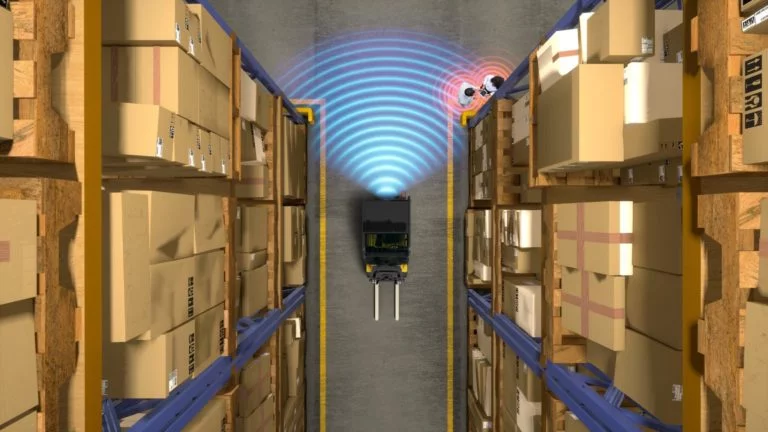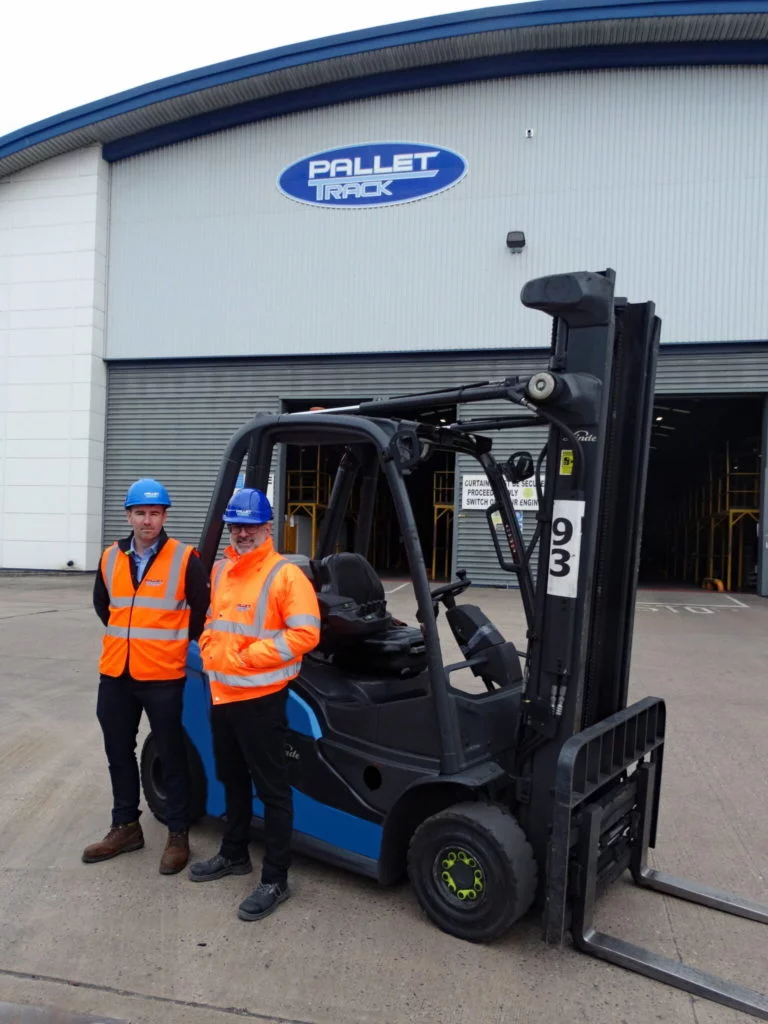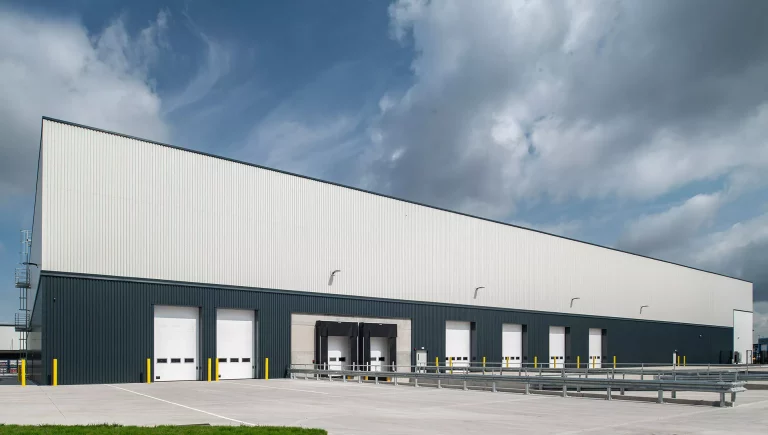Rite-Hite, a leading manufacturer of industrial health and safety equipment, has published a new free guide to Loading Bay Safety, giving facilities managers a comprehensive overview of industrial regulations, technological advances and trends, and best practice advice for ensuring safety across every angle of any loading bay environment.
To address one of the most dangerous areas of any warehouse, manufacturing facility or processing plant, the guide takes an in-depth look at the biggest safety risks and threats posed in and around the loading bay. It examines vehicle creep and forklift dangers to the risks associated with poor communication – and how these threats can be prevented by taking a solutions-led approach to safety, harnessing a range of equipment and safety systems that already exist.
It also explores the future of the logistics industry and the latest trends towards increased automation, smart equipment and technology and the continuing shift towards a fully digital future, and how these advancements can have a truly positive impact on the industry.
Thorsten Mauritz, Marketing Manager (Europe) at Rite-Hite, says safety in and around the loading bay cannot be compromised: “All senior executives within the logistics industry are trying to balance increasing efficiencies throughout their operation and processes with the uncompromising need for safety, one can never come at the expense of the other, and this is a real challenge.
“This is leading to safety equipment providers taking a holistic approach to safety that should be considered at a solutions level. For almost 60 years, Rite-Hite has been recognised as an expert in loading bay safety. We assess every hazardous area, creating robust and practical safety solutions that enable people to work with the highest level of protection and productivity.
“From the parking bay floor to the loading dock ceiling, we’ve got every angle covered.”
CLICK HERE to download a free copy of the guide











